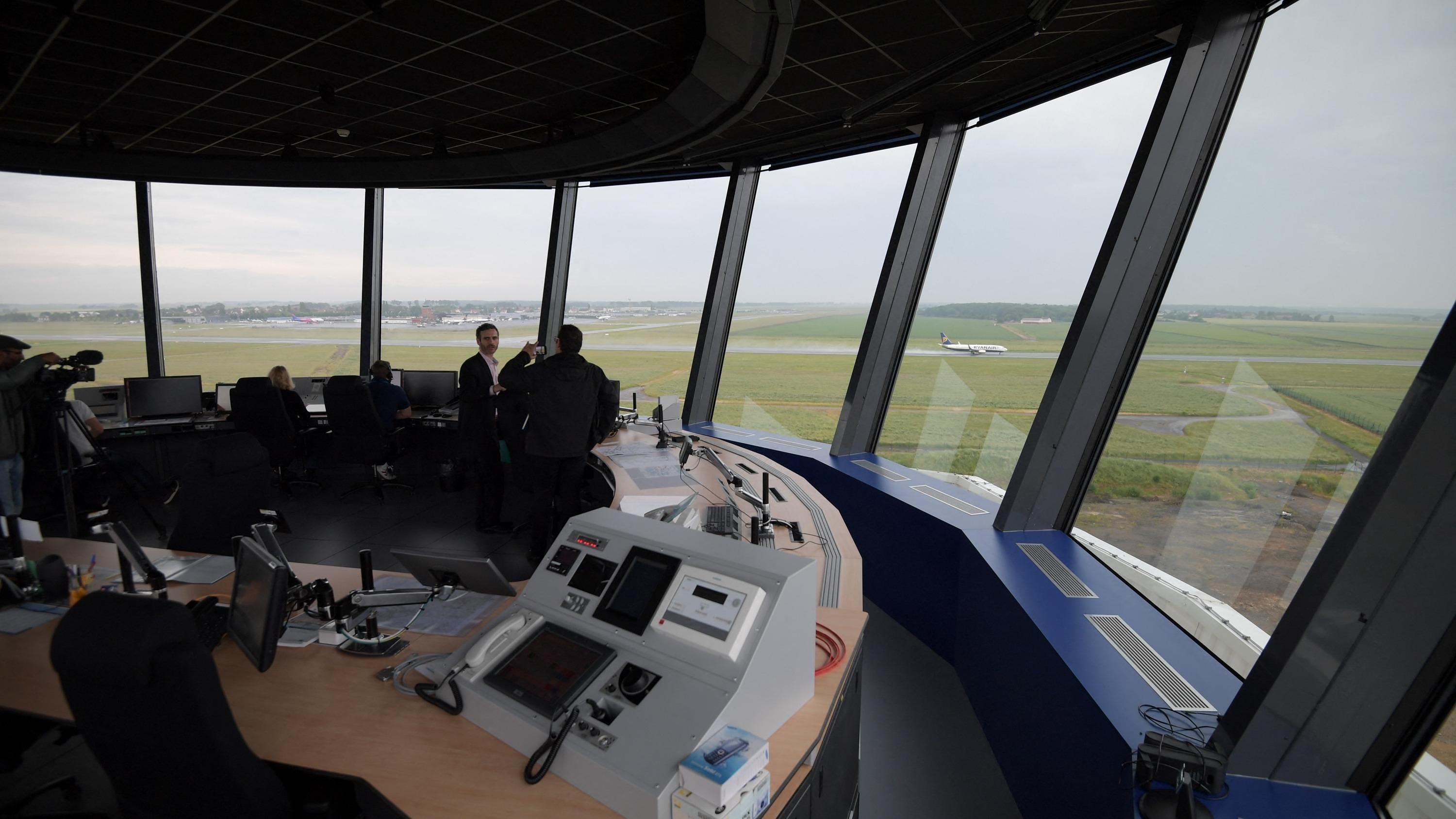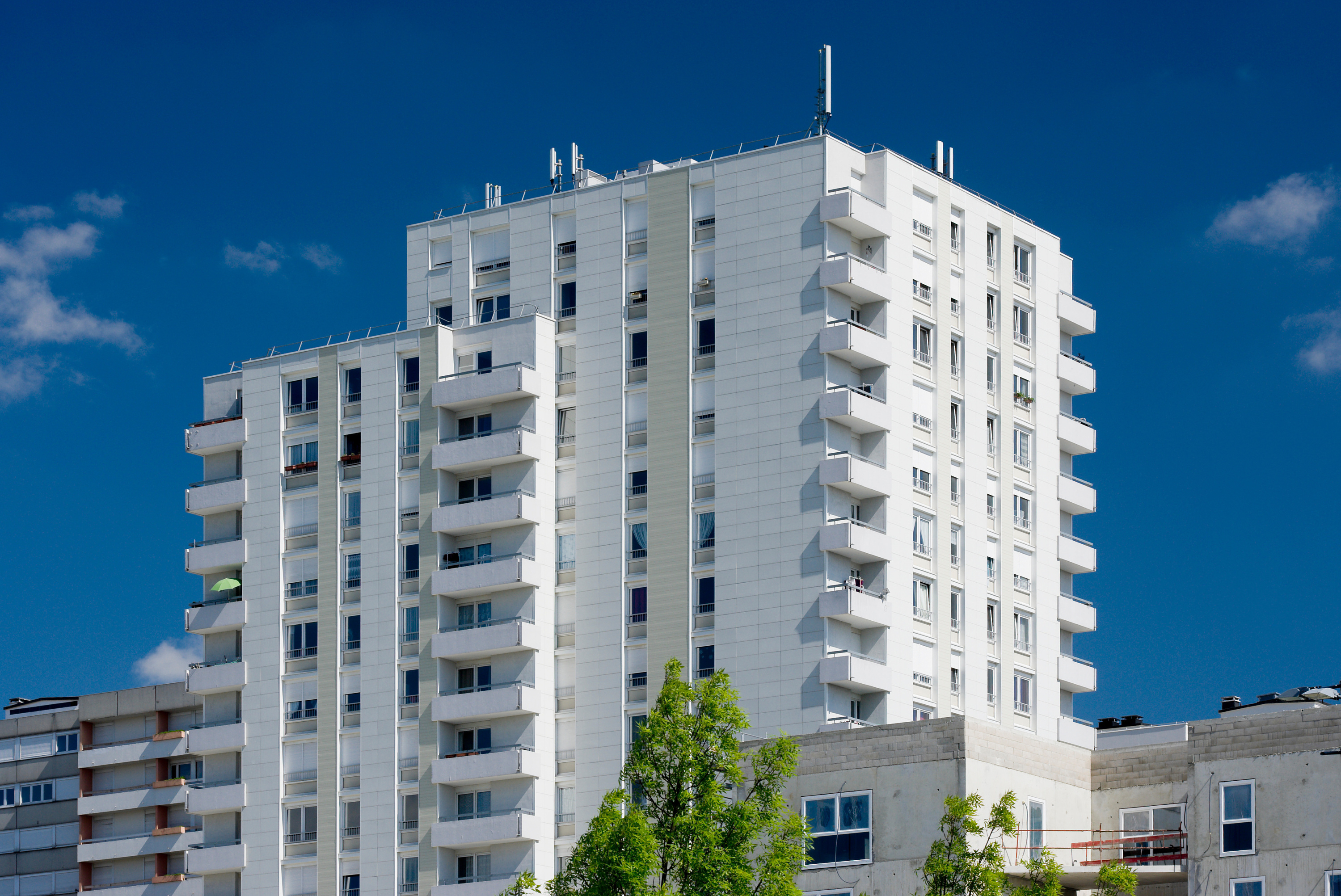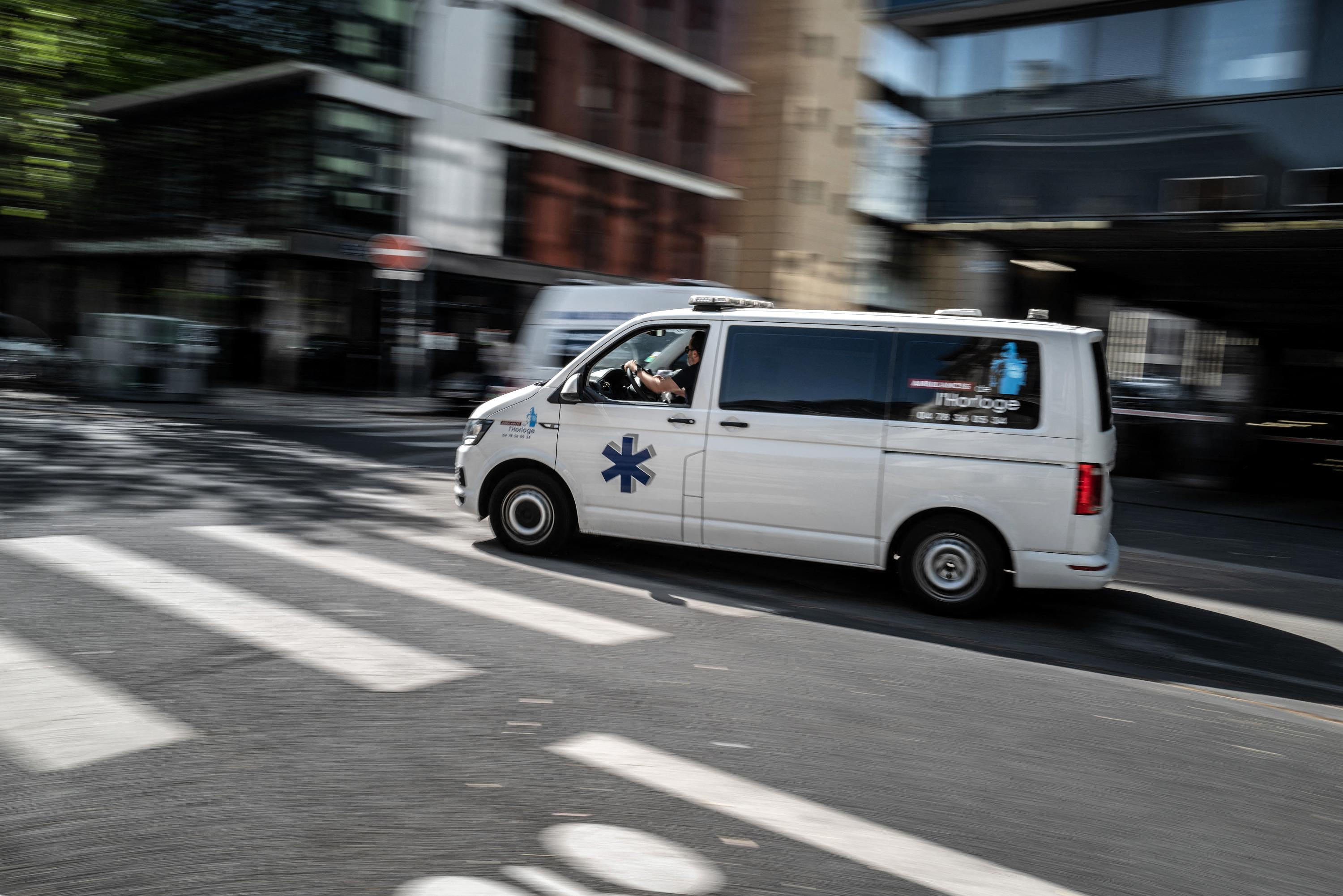Airlines expect 'considerable' flight cancellations. The Directorate General of Civil Aviation (DGAC) must announce at the end of the day Tuesday the number of flights to be canceled, but the French air traffic controllers' strike on Thursday April 25 already promises to be very well attended. A law promulgated at the end of December was to better regulate the right to strike of air traffic controllers, so why such a mess?
“With this law, it was not a question of limiting the right to strike, but of better organizing its consequences,” explains senator (UDI) Vincent Capo-Canellas, at the origin of the text. Previously, unions had to submit their strike notice five days in advance, but strikers were not required to declare themselves individually as is the case, in particular, in the railway sector. From now on, each agent who wishes to strike must report no later than noon the day before the day of the walkout. This allows the DGAC to have a precise idea, almost 48 hours before the social movement, of the number of flights it will be able to operate.
With the old system, the administration had to content itself with estimating the number of strikers based on the representativeness of the unions having submitted notice. A wet-fingered assessment which sometimes led to more flights being canceled than necessary, when the strike mobilized little, giving it a much stronger resonance than in reality. With these new rules, “the effect of the strike is more proportionate to the number of strikers,” defends Vincent Capo-Canellas.
“This makes it possible to avoid unnecessary flight cancellations, and to better predict those that must be canceled despite everything so that passengers can organize themselves,” agrees Anaïs Escudié, founder of the site RetardVol.fr. Companies must in fact take responsibility for rerouting travelers to their destination or reimbursement of their ticket, even when the strike is not their fault.
As for the minimum service, it already exists for air traffic controllers and allows the DGAC to mobilize agents to ensure part of the flights despite the strike. It can be better used with this precise estimate of the strikers: “Sometimes, we triggered it before lifting it very quickly because few controllers actually went on strike,” we slip from the DGAC.
But this minimum service is not in force in all airports. This is for example the case in Montpellier, despite its significant traffic. “The decree which governs this minimum service is quite old” and must be updated with, in particular, a new list of airports concerned and clearer rules, points out Vincent Capo-Canellas. A new decree is in the works but is still being examined by the Council of State, says the senator.

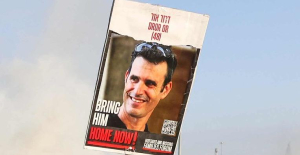 Who was Dror Or, the Israeli father who died as a hostage in the hands of Hamas?
Who was Dror Or, the Israeli father who died as a hostage in the hands of Hamas? “Pay in cash”: at his trial, Donald Trump faced with an embarrassing recording
“Pay in cash”: at his trial, Donald Trump faced with an embarrassing recording Italy: a grandmother accidentally serves a bottle filled with wine to a baby, he has an alcoholic coma
Italy: a grandmother accidentally serves a bottle filled with wine to a baby, he has an alcoholic coma The mysterious skeletons of Hermann Göring's villa
The mysterious skeletons of Hermann Göring's villa Children born thanks to PMA do not have more cancers than others
Children born thanks to PMA do not have more cancers than others Breast cancer: less than one in two French women follow screening recommendations
Breast cancer: less than one in two French women follow screening recommendations “Dazzling” symptoms, 5,000 deaths per year, non-existent vaccine... What is Lassa fever, a case of which has been identified in Île-de-France?
“Dazzling” symptoms, 5,000 deaths per year, non-existent vaccine... What is Lassa fever, a case of which has been identified in Île-de-France? Sánchez cancels his agenda and considers resigning: "I need to stop and reflect"
Sánchez cancels his agenda and considers resigning: "I need to stop and reflect"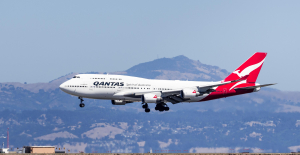 What is the 'phantom flight' scandal for which Qantas is being forced to pay a hefty fine?
What is the 'phantom flight' scandal for which Qantas is being forced to pay a hefty fine? The State renews its promises of support for the automobile industry
The State renews its promises of support for the automobile industry Jump in bankruptcies and decline in business creations: which departments suffered the most in 2023?
Jump in bankruptcies and decline in business creations: which departments suffered the most in 2023? After 50 years of existence, “Numbers and Letters” will disappear from the France Télévisions channels
After 50 years of existence, “Numbers and Letters” will disappear from the France Télévisions channels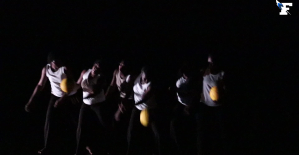 The incredible musical juggling of the Basketteuses de Bamako
The incredible musical juggling of the Basketteuses de Bamako Death of Frank Stella, the most spectacular painter-sculptor
Death of Frank Stella, the most spectacular painter-sculptor Film buff's memories of the Champs-Élysées, by Éric Neuhoff
Film buff's memories of the Champs-Élysées, by Éric Neuhoff Madonna thrills Brazilians on Copacabana beach
Madonna thrills Brazilians on Copacabana beach Omoda 7, another Chinese car that could be manufactured in Spain
Omoda 7, another Chinese car that could be manufactured in Spain BYD chooses CA Auto Bank as financial partner in Spain
BYD chooses CA Auto Bank as financial partner in Spain Tesla and Baidu sign key agreement to boost development of autonomous driving
Tesla and Baidu sign key agreement to boost development of autonomous driving Skoda Kodiaq 2024: a 'beast' plug-in hybrid SUV
Skoda Kodiaq 2024: a 'beast' plug-in hybrid SUV The home mortgage firm rises 3.8% in February and the average interest moderates to 3.33%
The home mortgage firm rises 3.8% in February and the average interest moderates to 3.33% This is how housing prices have changed in Spain in the last decade
This is how housing prices have changed in Spain in the last decade The home mortgage firm drops 10% in January and interest soars to 3.46%
The home mortgage firm drops 10% in January and interest soars to 3.46% The jewel of the Rocío de Nagüeles urbanization: a dream villa in Marbella
The jewel of the Rocío de Nagüeles urbanization: a dream villa in Marbella Facing Jordan Bardella, the popularity match turns to Gabriel Attal’s advantage
Facing Jordan Bardella, the popularity match turns to Gabriel Attal’s advantage Europeans: a senior official on the National Rally list
Europeans: a senior official on the National Rally list Blockade of Sciences Po: the right denounces a “drift”, the government charges the rebels
Blockade of Sciences Po: the right denounces a “drift”, the government charges the rebels Even on a mission for NATO, the Charles-de-Gaulle remains under French control, Lecornu responds to Mélenchon
Even on a mission for NATO, the Charles-de-Gaulle remains under French control, Lecornu responds to Mélenchon These French cities that will boycott the World Cup in Qatar
These French cities that will boycott the World Cup in Qatar PSG-Dortmund: Mbappé revanchist, guru Luis Enrique, volcanic Parc des Princes… Reasons to hope
PSG-Dortmund: Mbappé revanchist, guru Luis Enrique, volcanic Parc des Princes… Reasons to hope “Canal will not be the gravedigger of French football”: the boss of the encrypted channel breaks the silence on Ligue 1 TV rights
“Canal will not be the gravedigger of French football”: the boss of the encrypted channel breaks the silence on Ligue 1 TV rights Toulouse-Leinster: a dream final and some nightmares
Toulouse-Leinster: a dream final and some nightmares Lille-Lyon: Jonathan David against Alexandre Lacazette, scorers duel for Europe
Lille-Lyon: Jonathan David against Alexandre Lacazette, scorers duel for Europe